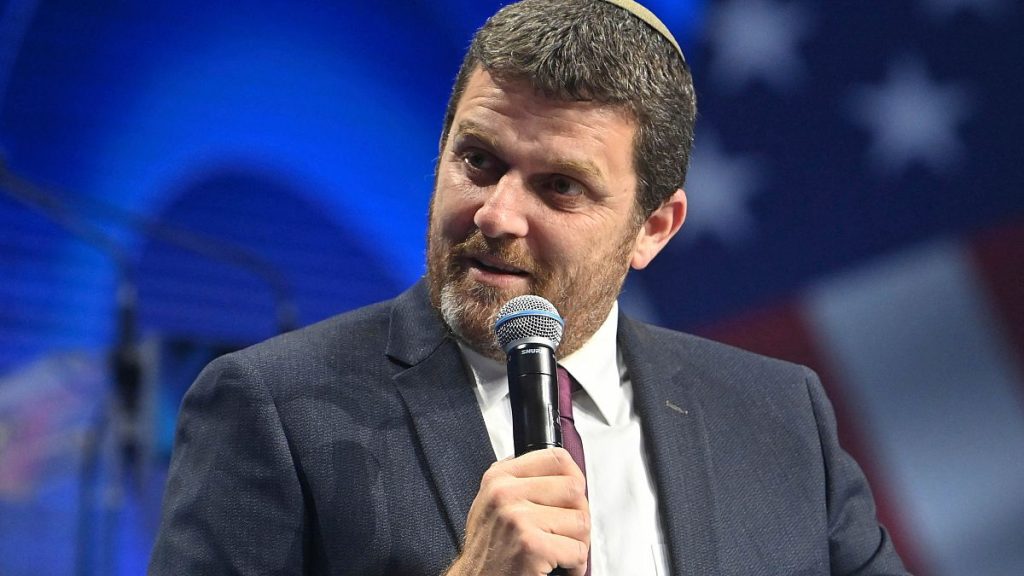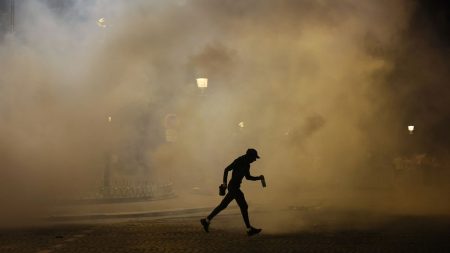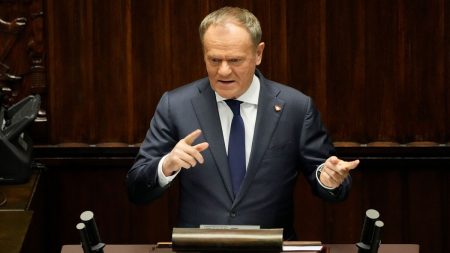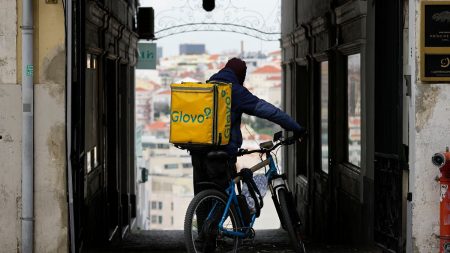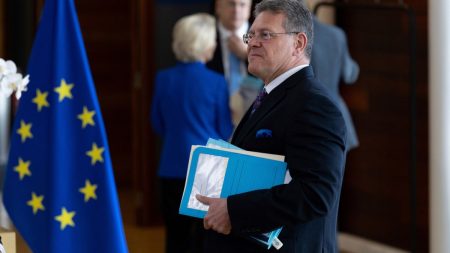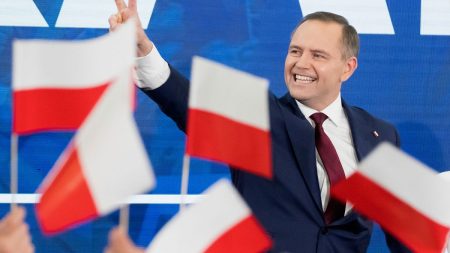A significant letter has emerged accusing Israeli lawmaker Amit Halevi of making “dehumanising statements” towards Palestinians, prompting a call from 36 members of the European Parliament (MEPs) to EU Parliament President Roberta Metsola to bar him from a forthcoming conference. Halevi, a member of the Likud party aligned with Israeli Prime Minister Benjamin Netanyahu, was invited by Dutch MEP Bert-Jan Ruissen from the European Conservatives and Reformists (ECR) group to discuss the Iranian regime at a conference scheduled for Wednesday in Brussels. However, the majority of the signatories from various political groups, including Socialists and Democrats, Greens/EFA, Renew Europe, and The Left, contend that his participation would undermine essential parliamentary principles.
The concerns surrounding Halevi hinge on “extremely concerning, dehumanizing, and even genocidal statements” attributed to him in recent months. Notably, in an interview, Halevi made alarming claims about inhabitants of the Al-Shifa Hospital, suggesting that the presence of recently born children equated to a perpetual cycle of terrorism. He also dismissed the existence of a Palestinian identity, stating, “There is nothing called Palestinian people, never was, and will never be,” thus rejecting their historical and national rights. Halevi’s comments have stirred outrage, with critics emphasizing that his rhetoric further exacerbates tensions in an already fraught geopolitical climate and blatantly disregards the human dignity of Palestinians.
Halevi has further attracted controversy through social media statements, where he categorized Palestinians into two distinct groups—those who support Hamas and those who serve as human shields for them. His remarks included a chilling endorsement of violence, suggesting the necessity of targeting both groups without distinction. This kind of rhetoric is characterized as dehumanizing, significantly complicating diplomatic efforts and undermining the efforts of those advocating for peace and coexistence in the region.
The letter’s signatories have taken a firm stance, urging President Metsola to uphold the dignity and reputation of the European Parliament by preventing Halevi from participating in the panel discussion. MEP Matjaž Nemec pointed out that the President holds authority to limit access to individuals deemed inappropriate for parliamentary proceedings by denying their accreditation. Despite this support, Ruissen has defended Halevi’s role, suggesting that one of the quotes cited in the objections was misattributed and affirming that Halevi has never endorsed the killing of children. Ruissen expresses anticipation for the conference, highlighting the importance of diverse perspectives in discussions surrounding complex issues like the Iranian regime.
This incident is emblematic of a broader struggle within European political discourse regarding the Israeli-Palestinian conflict. It reflects the sensitivities surrounding interpretations of speech and actions in relation to this long-standing conflict, where accusations of dehumanization often exacerbate divides. The European Parliament facilitates significant discussions on international relations and human rights, and the presence of such controversial figures raises vital questions about the parameters of acceptable dialogue and representation.
As of now, President Metsola has yet to respond to the letter, leaving room for speculation regarding her forthcoming decision. The ongoing debates underscore the contentious nature of political actions that have immediate implications on international relations and human rights discussions, particularly concerning matters relating to Israel and Palestine. The outcome of this situation not only impacts Halevi’s immediate participation but may also set a precedent for how similar cases are managed in the future, highlighting the persistent tensions within European governance stances on external political figures.




